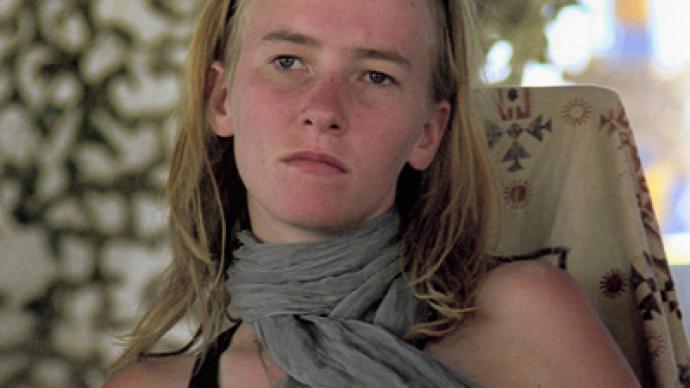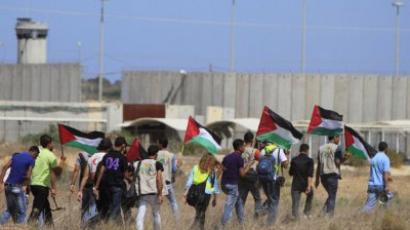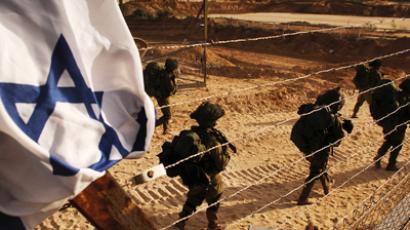Culture of impunity: ‘Israeli court whitewashed facts about Corrie’s death’

An Israeli court has ruled that the country's military was not responsible for the death of American activist Rachel Corrie, who was crushed by an IDF bulldozer in 2003. But journalist Tom Dale, who witnessed her death, told RT it was no accident.
RT: You saw what happened to Rachel. Do you agree with the court ruling? Tom Dale: No, I don’t agree at all. It’s tremendously disappointing and on the basis of what I saw on that day in 2003 – it’s absolutely not possible to characterize what I saw as an accident. In my view, as I told the court, and as I told the Israeli military investigation before that, the bulldozer driver had a very long drive up before he got to Rachel, during which time he must have been able to see her, even on the basis of the visibility shots presented to the court by the Israeli military. Furthermore, her head was visible above the top of the bulldozer blade, just before she was crushed, and she clambered on a mound of earth trying to escape. So in my mind there’s absolutely no doubt that he would have seen her, and that this verdict represents a whitewashing of what happened on that day.RT: Why do you think the court ignored your eyewitness account?TD: Unfortunately, there’s a culture in the Israeli military of impunity for such crimes and that culture of impunity is facilitated unfortunately sometimes by the courts, who deliberately turn a blind eye in order to facilitate impunity and a free hand, if you will, for their armed forces. Of course, the main shoulders on which that falls are Palestinian shoulders, and that’s why we’ve seen during the course of the past decade or more, I believe, not a single conviction of an Israeli soldier for murder, despite the very many [murders] which have taken place in occupied Palestine, during that time.RT: When you staged the demonstration, you were warned you were entering a war zone at your own risk. Surely in such an environment accidents can happen?TD: Well I think, of course, when we went into that area that we knew it was dangerous, we knew that we were taking a risk. But first of all, I don’t accept at all that it was an accident, and I don’t accept that if one puts themselves in a relatively dangerous position, it thereby alleviates armed forces of all responsibility to treat civilians in a responsible and humane manner. We were of course civilians; the Gaza strip is full of civilians – almost everyone in that area was a civilian, and for the Israeli government to say 'we refuse to treat anyone in this area as a civilian,' excusing their human rights, because we’ve given it this particular name, a closed military zone, or what have you, to me that’s just a means of evading responsibility. RT: A former Israeli soldier got only 45 days jail time in connection to the deaths of a Palestinian mother and daughter during the Gaza war in 2008. He's also the only soldier to be indicted for the operation, which killed around 1,400 Palestinians. Why do the actions of the Israeli military go unpunished? Do you think that could change?TD: Of course I think we’d all like to believe that it’s going to change. However, I’m afraid that I don’t see a trend. And I think that’s why things that we see in the past week, the revelations from Breaking the Silence, which is a group of Israeli former combat soldiers who are coming out into the open and saying we’ve witnessed human rights abuses, sometimes even we’ve been part of human rights abuses whilst serving in the Israeli army, and I think really asking Israeli society to face up to the prevailing culture of careless disregard for human rights, which is operative wherever they’re involved in the occupation. So I think that even if this court case doesn’t represent a trend toward an end in the culture of impunity, hoping that there are forces within Israeli society, and also within Palestinian society, hopefully within the international community more broadly, which will bring that sort of thing to pass.














